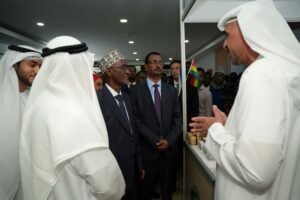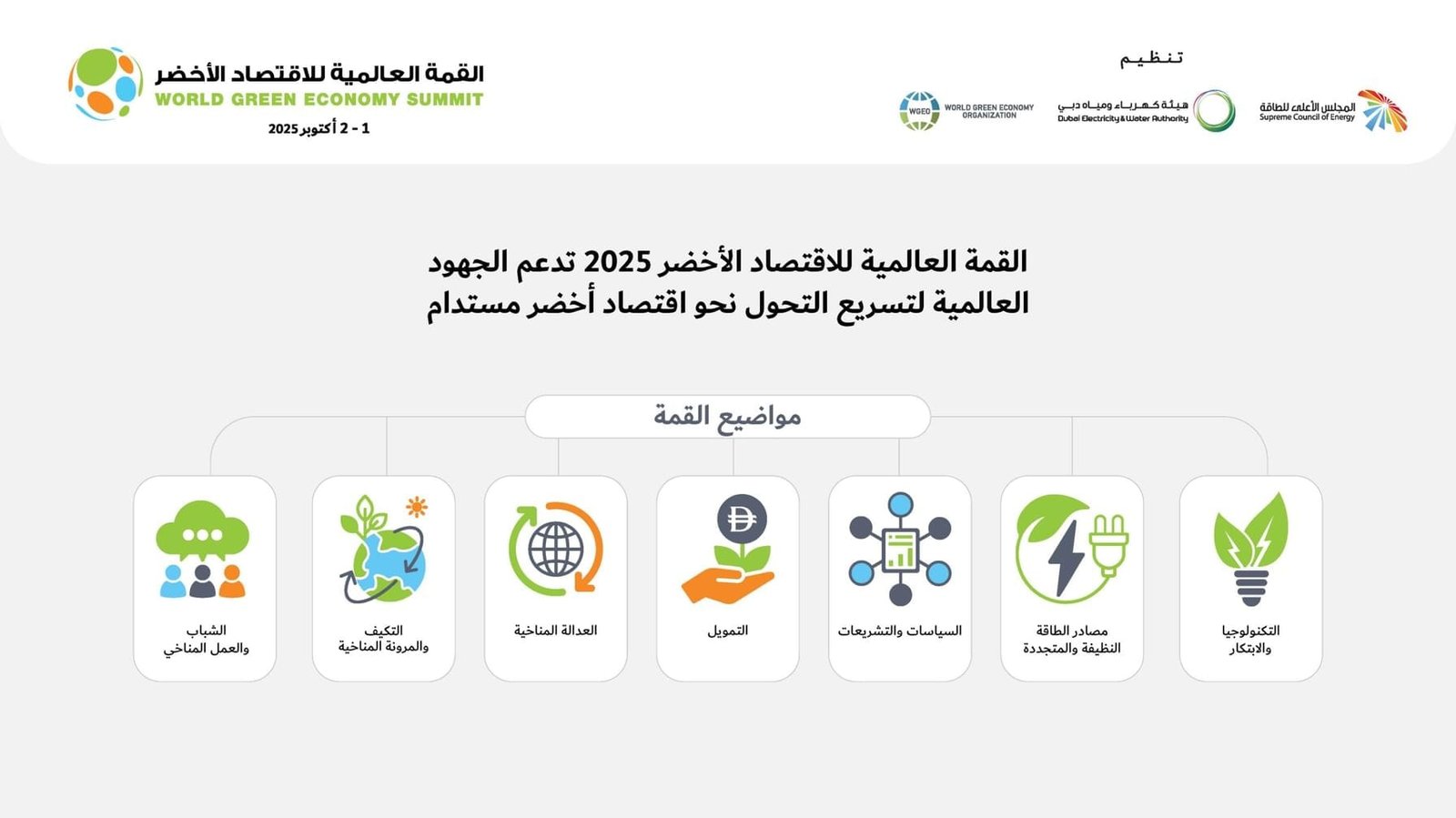Abu Dhabi, United Arab Emirates (UAE) – Yemen’s renewable energy sector has witnessed a qualitative shift with the expansion of the Aden Solar Power Plant and the entry into service of the Shabwa Plant.
This is due to the efforts of the Emirati company Global South Utilities, a subsidiary of the Abu Dhabi-based investment company Resources Investment.
In cooperation with the Ministry of Electricity and Energy in Yemen.
The Aden Solar Power Plant will supply 687,000 homes with clean electricity when completed in 2026.
With the Shabwa Solar Power Plant ready and entering service to supply about 330,000 homes with clean electricity.
Aden is completely covered
Calculating the cumulative impact of ongoing and planned projects, the number of homes benefiting from clean electricity in Aden and Shabwa will reach more than one million homes.
In a move considered the largest of its kind in the history of the clean electricity sector in Yemen.
Yesterday, Global South Utilities launched the second phase of the Aden Solar Power Plant in the Bir Ahmed area.
To add 120 new megawatts to existing operational capacity, the station’s total production capacity will rise to 240 megawatts. This will happen when the project is completed in 2026.
The project, implemented in partnership with the Ministry of Electricity and Energy in Yemen, is the largest of its kind in the country.
It represents an important step towards enhancing reliance on renewable energy sources and reducing imported fuel consumption.
The second phase will generate about 247,000 megawatt-hours of electricity annually.
It will also contribute to reducing approximately 142,000 tons of carbon dioxide emissions annually.
With the completion of the first and second phases, the total reduction in emissions will reach approximately 285,000 tons annually.
This is equivalent to emissions from more than 85,000 cars.
The second phase includes the installation of more than 194,000 solar panels.
In a move that would enhance energy security in Yemen and improve air quality.
Global South Utilities also opened and operated the Shabwa Solar Power Plant in the city of Ataq in Shabwa Governorate.
The station has a production capacity of 53 megawatts, and is equipped with a storage battery system with a capacity of 15 megawatts per hour.
The station is located next to Ataq University and will generate approximately 118,642 megawatt-hours of clean electricity annually. It will also contribute to reducing approximately 62,727 tons of carbon dioxide emissions annually. This is equivalent to the emissions generated by tens of thousands of cars.
6 transformer stations
The project’s infrastructure includes the installation of 85,644 solar panels, six conversion stations, a central control and monitoring building, and a 15-kilometre-long pneumatic transmission line. This line links the station to the national grid via 51 towers.
The station will cover the needs of the entire city of Ataq.
In addition to six directorates: Upper Egypt, Al-Masinaa, Jardan, Nassab, Markha, and Habban.
This provides electricity to homes, schools, and health centers, and contributes to stimulating economic activity in the governorate.
Ali Al Shamri, Managing Director and CEO of Global South Utilities, said that the arrival of clean and stable electricity to more than one million homes in Aden and Shabwa does not represent just an engineering achievement. Rather, it is a qualitative step towards improving people’s lives and enhancing their economic and social security.
He stressed that the projects embody the company’s vision of connecting communities with sustainable development opportunities. It places renewable energy at the heart of growth paths.
He added that investing in renewable energy projects is vital to improving quality of life and reducing dependence on fuel.
In addition to enhancing the ability to adapt to climate change.
These projects come within the framework of the UAE and its partners’ commitment to empowering communities through integrated clean energy solutions. The solutions enhance reliance on sustainable sources and reduce the consumption of imported fuel, thus consolidating development and stability paths in Yemen.

















